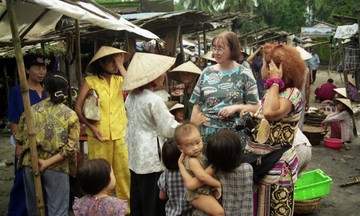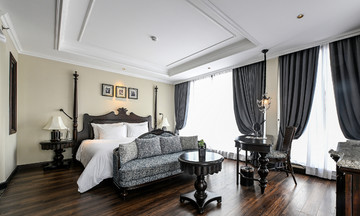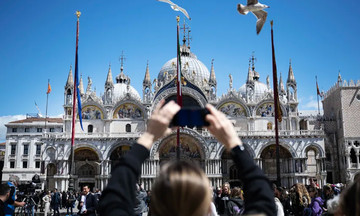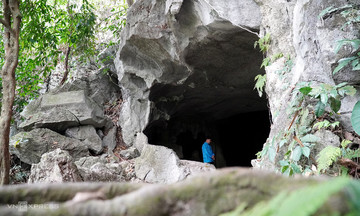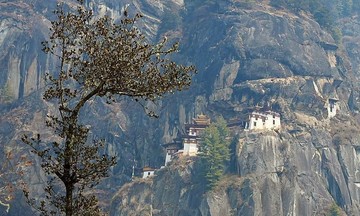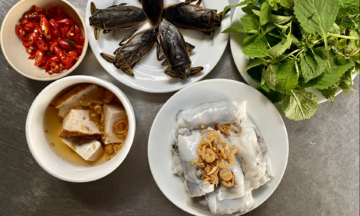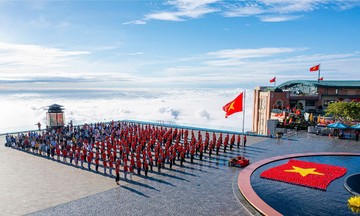For many travelers, applying for a tourist visa can be a daunting task, especially for certain countries with complex procedures and stringent financial requirements. Nguyen Canh Linh, Visa Manager at Top Ten Travel, ranks the five most challenging countries for Vietnamese visa applicants, in descending order of difficulty.
US B1/B2 Visa
Securing a US B1/B2 visa (for tourism, business, or visiting family) is often seen as a major hurdle for Vietnamese citizens. Under US immigration law (INA 214b), consular officers presume all visa applicants intend to overstay, unless proven otherwise. Past instances of Vietnamese overstaying visas or using them for unintended purposes, such as sham marriages, contribute to this skepticism. Demonstrating strong ties to Vietnam, such as employment, finances, or family, can be particularly difficult for young, single, or less affluent individuals.
Application process
The process involves completing the online DS-160 form in English, paying a fee of approximately 185 USD, scheduling an interview at the US Consulate in Hanoi or Ho Chi Minh City, compiling all required documents, and attending the interview. If approved, the passport is retained for visa issuance; if not, the application is rejected on the spot.
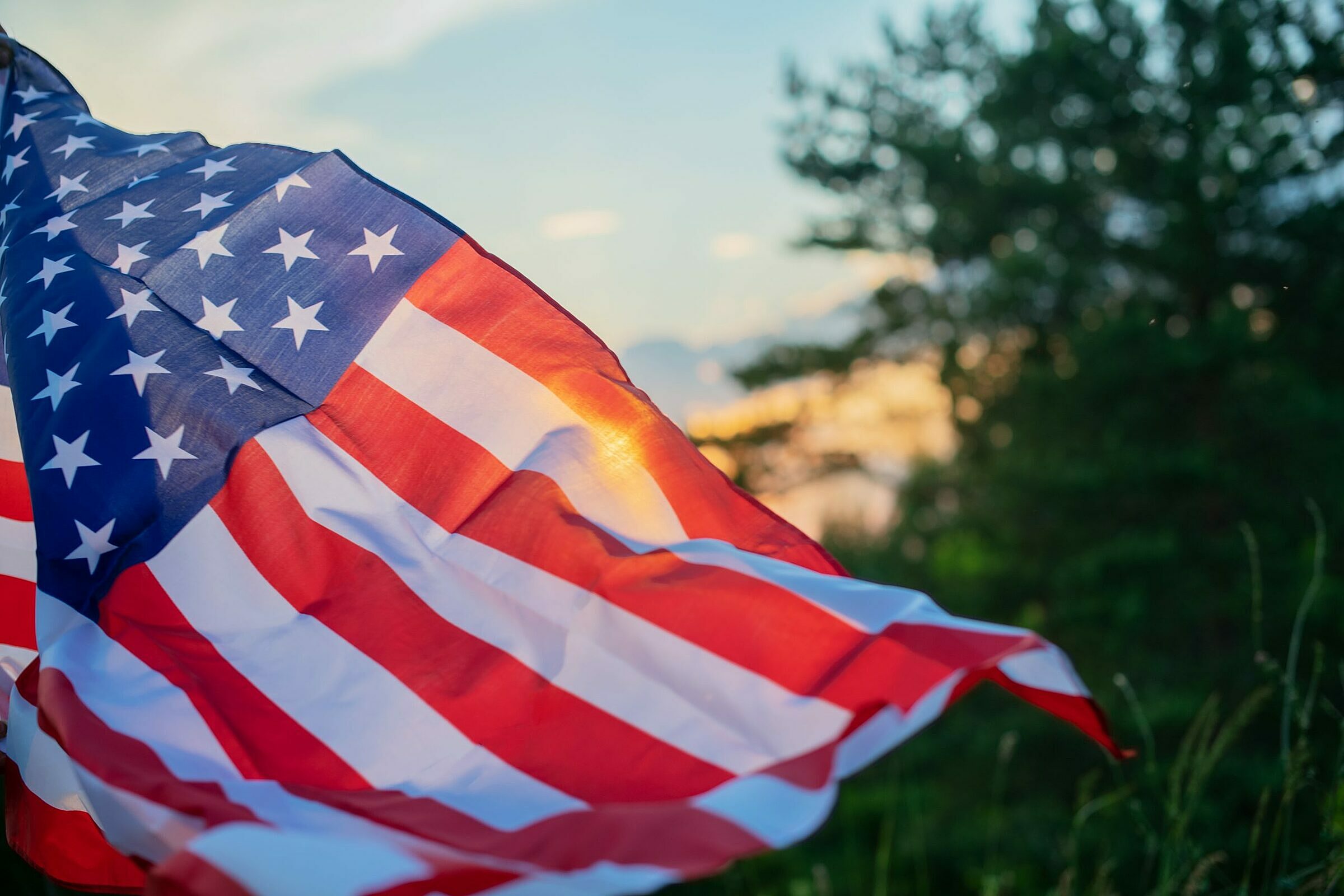 |
US flag. Photo: Visa Place |
US flag. Photo: Visa Place
The DS-160 form, requiring detailed and accurate information from travel history to employment and finances, presents a significant challenge. Even small discrepancies, such as an incorrect job title or missing information, can raise red flags. The interview is crucial, demanding quick, clear answers without referring to documents, all while ensuring consistency with the application.
Applicants with stable jobs, strong finances, and a positive travel history, particularly to Japan, South Korea, or Europe, generally have higher approval rates.
Common mistakes
: Providing false or inconsistent information between the DS-160 form and the interview; submitting incomplete documentation; lacking a clear understanding of the trip's purpose; providing vague answers about the itinerary, accommodation, or plans in the US; failing to demonstrate strong ties to Vietnam, such as employment contracts, bank statements, or family documentation; displaying a lack of confidence, nervousness, avoiding eye contact, or giving unclear answers during the interview.
Tips for increasing approval chances
: Prepare a meticulous and completely honest application; ensure the passport is valid for at least six months and has a positive travel history, including visits to countries like Japan, South Korea, or Europe; provide ample evidence of financial stability, employment, and ties to Vietnam; present a clear itinerary and include an invitation letter from relatives or friends in the US, if applicable; answer interview questions concisely, confidently, and directly, focusing on the purpose, funding, and plans for the trip; arrive early, dress professionally, and carry only necessary documents.
Canadian Visa
Obtaining a Canadian visa, especially for tourism or visiting family, poses a considerable challenge due to Canada's strict immigration policies. Previous instances of Vietnamese overstaying have led to increased scrutiny of applications from Vietnam.
Application process
The process begins with preparing documents demonstrating employment, financial stability, and travel history. Applicants then submit their documents and provide fingerprints at a Visa Application Center (VFS). Processing times have recently been reduced to under 20 days, compared to 1-2 months previously. However, applications must be clear, consistent, and demonstrate a stable life in Vietnam with no intention of overstaying. Some applicants may be required to attend an interview, requiring thorough preparation.
Since the beginning of 2025, Top Ten Travel has observed a significant increase in Canadian visa approvals compared to 2024. Linh attributes this to new assessment policies implemented in late 2024, rather than changes in application quality. Canadian immigration authorities now issue shorter-term visas (6 months, 1 year, 3 years) based on the strength of the application. This provides applicants with a better chance of approval compared to the previous system, where longer-term visas required more rigorous security checks and proof of intent to return.
Common mistakes
: Providing false or inconsistent information; unclear employment documentation, especially for freelancers; lack of financial documentation, such as bank statements; failing to demonstrate ties to Vietnam, such as property ownership or personal documents; a blank travel history, with no visits to developed countries like the US, Australia, or Europe.
Tips for increasing approval chances
: Submit a complete, honest, and well-organized application with all required documents; hold a passport valid for at least six months with a positive travel history, including visits to the US, Australia, or Europe; provide strong financial evidence, including bank statements, property ownership documents, and vehicle registration; demonstrate stable employment with contracts, payslips, or business licenses and tax returns; show strong ties to Vietnam with family registration, marriage certificates, and birth certificates; submit the application early and follow VFS procedures; if the application is weak, seek assistance from a reputable visa consultant for a letter of explanation; if previously rejected, improve the application before reapplying.
Australian Visa
Similarly, applying for an Australian visa, particularly for tourism, business, or visiting family (subclass 600), presents difficulties for Vietnamese citizens due to the Department of Home Affairs' stringent assessment policies. As a developed nation, Australia requires applicants to clearly demonstrate their trip's purpose, financial stability, and strong ties to Vietnam to prevent overstaying. Compared to countries like Japan or South Korea, the Australian visa process is currently more complex, particularly in 2025 with stricter immigration controls.
Application process
Applicants must prepare a comprehensive file including personal documents, employment verification, financial statements, and information about relatives in Australia (if applicable). The application is submitted online through ImmiAccount, the Department of Home Affairs' online visa system, and fingerprints are taken at a VFS center. All Vietnamese documents must be translated and notarized in English.
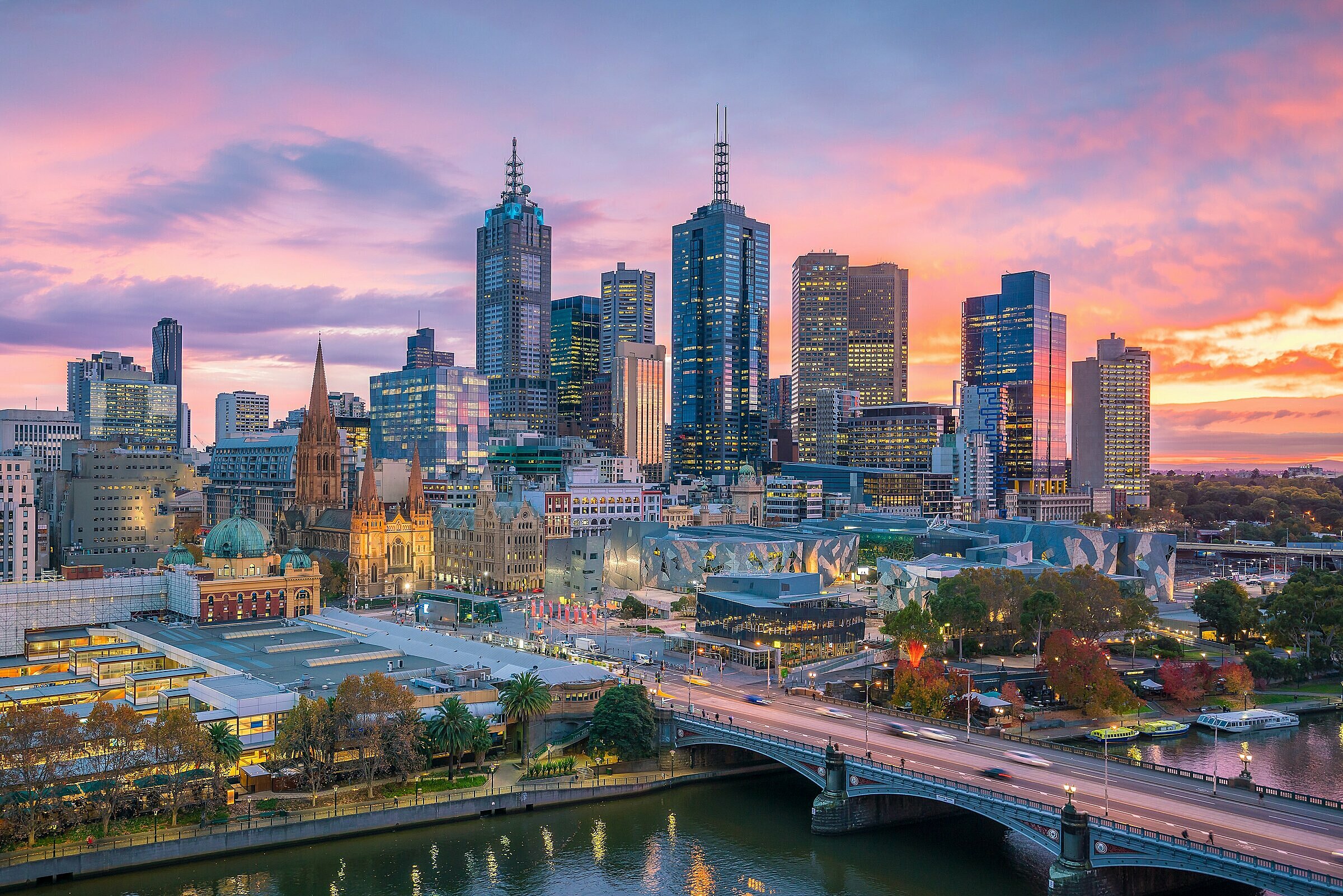 |
Melbourne, Australia. Photo: Goway Travel |
Melbourne, Australia. Photo: Goway Travel
Processing typically takes several weeks, depending on the visa type and application completeness. The biggest challenge is ensuring a logical, transparent application that convincingly demonstrates the applicant's intention to return to Vietnam.
According to Top Ten Travel, the current Australian visa approval rate is only average due to stricter assessments by the consulate.
Common mistakes
: Providing false or inconsistent information; omitting employment documents (payslips, employment contracts) or business tax returns; lacking a logical connection between employment, income, and assets; failing to demonstrate ties to Vietnam, such as marriage certificates or birth certificates; insufficient funds, below 200 million VND per person; unclear or incorrect travel itinerary or flight tickets.
Tips for increasing approval chances
: Prepare a complete, honest application with accurate translations and notarizations; provide proof of income with bank statements, payslips, and employment contracts; demonstrate assets with bank statements, property ownership documents, vehicle registration, and investment portfolios; provide business licenses and tax returns for business owners; demonstrate ties to Vietnam with family registration, marriage certificates, and birth certificates; present a clear itinerary with return flight tickets and hotel bookings; seek assistance from a reputable visa consultant to highlight strengths and provide a logical letter of explanation; if previously rejected, improve the application before reapplying.
UK Visa
Applying for a UK visa is another significant challenge for Vietnamese citizens due to the high visa fees and stringent requirements regarding the coherence between finances, assets, trip purpose, and income. The UK issues visas with extended validity (6 months, 2 years, 5 years, 10 years), leading to thorough scrutiny to prevent overstaying. Applicants with unstable jobs, limited travel history, or inconsistent financial documentation often face difficulties.
Application process
The process involves preparing a complete application (certified photocopies or color copies), applying online, and providing fingerprints and photographs at a VFS Global center. Interviews are not typically required, but the application must demonstrate a clear and logical connection between finances, assets, and the purpose of the trip. Processing takes approximately three weeks, but expedited service is available for a higher fee. Children under 18 are granted visas for a maximum of six months. The main challenge is ensuring a transparent application that convincingly demonstrates the intention to return to Vietnam.
Common mistakes
: Providing false or inconsistent information; limited travel history, unstable employment, or inconsistent finances; lack of documentation demonstrating ties to Vietnam, such as family or assets; unclear or questionable information about the UK sponsor, impacting the trip's purpose.
Tips for increasing approval chances
: Prepare a complete, honest application with accurate notarizations; provide bank statements showing a consistent flow of funds (salary, savings, other income); demonstrate stable employment and strong ties to Vietnam; have a positive travel history, including visits to the US, Australia, or Europe; ensure clear and comprehensive documentation from the UK sponsor, including an invitation letter and proof of relationship; submit the application early, check it thoroughly, and follow VFS procedures; if the application is weak, seek assistance from a reputable visa consultant for a letter of explanation.
Schengen Visa
Schengen embassies and consulates also require applicants to clearly demonstrate their employment, finances, and ties to Vietnam to prevent overstaying. Previous misuse of Schengen visas by Vietnamese citizens has led to increased scrutiny, especially for those with blank passports or weak finances.
Application process
The process begins by defining the trip's purpose and choosing the appropriate country to apply to. Applicants then gather documents, including a passport (valid for at least six months), a visa application form, photographs (3.5 x 4.5 cm), health insurance (minimum coverage of 30,000 euros), personal documents, employment verification, financial statements, and a detailed itinerary. All Vietnamese documents must be translated and notarized in English. Applications are submitted at VFS or TLS centers (authorized visa application centers), and an interview, either in person or by phone, may be required. Processing typically takes 15 business days, excluding weekends and holidays. The biggest challenge is ensuring a complete, logical application and securing appropriate travel insurance.
Top Ten Travel reports Schengen visa approval rates fluctuating around 85%, depending on the specific country. Applicants with a positive travel history, stable employment, and strong finances generally have high approval rates.
Common mistakes
: Incomplete or inaccurate applications (personal documents, employment verification, financial statements); unclear travel plans, lacking flight tickets, hotel bookings, or insurance; late application submission, leaving insufficient processing time; failing to demonstrate ties to Vietnam, such as family, assets, or employment.
Tips for increasing approval chances
: Prepare a complete and accurate application, translated and notarized in English; provide strong financial evidence, including bank statements, property ownership documents, and vehicle registration; demonstrate stable employment with contracts, payslips, or business licenses and tax returns; show strong ties to Vietnam with family registration, marriage certificates, and birth certificates; maintain a positive travel history, including visits to the US, Australia, Japan, or South Korea; present a clear itinerary with flight tickets, hotel bookings, and health insurance; choose the appropriate country to apply to based on the trip's purpose and itinerary; seek assistance from a reputable visa consultant to review the application and write a persuasive letter of explanation; submit the application early and follow VFS/TLS procedures.
Tu Nguyen



